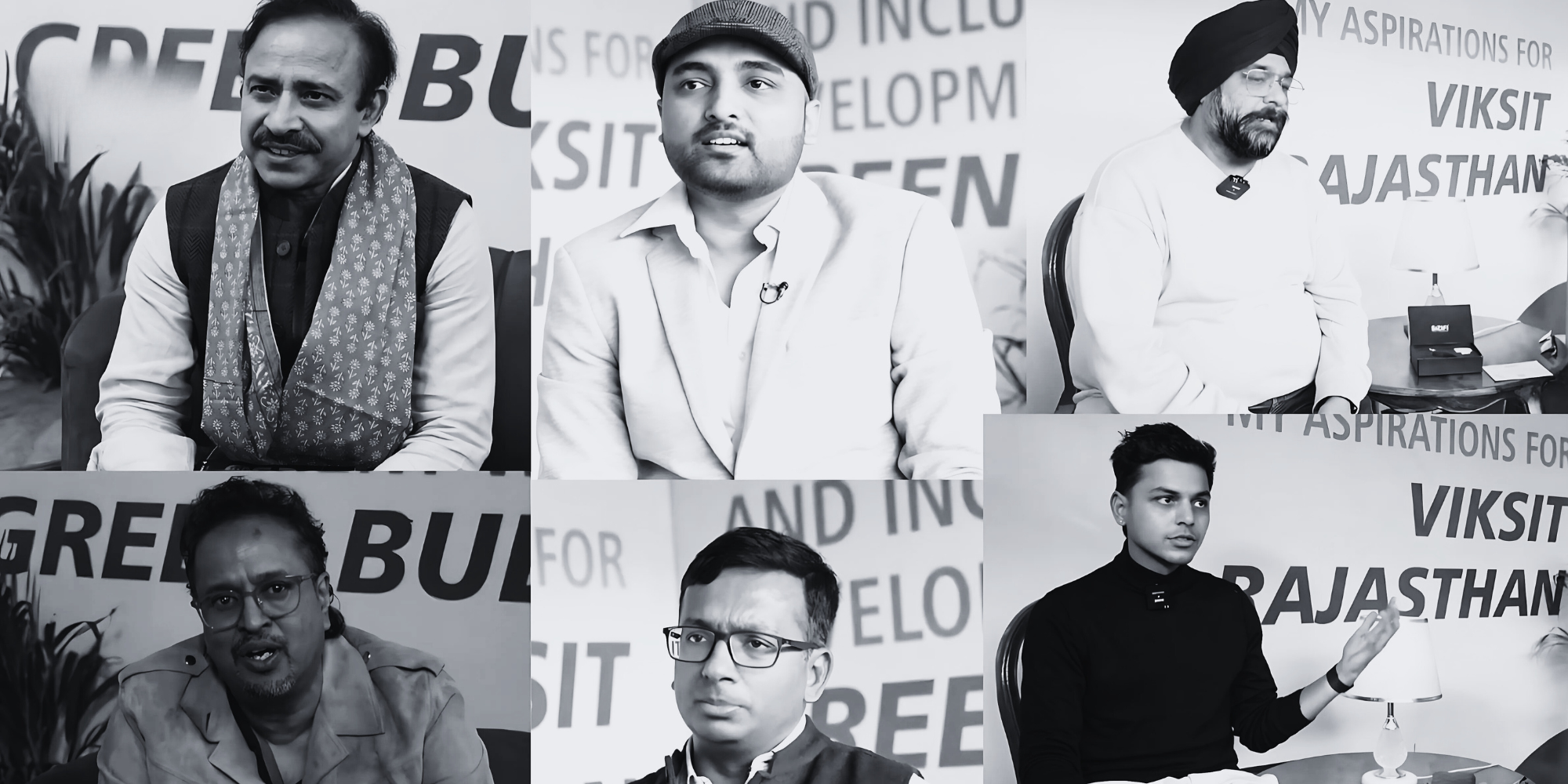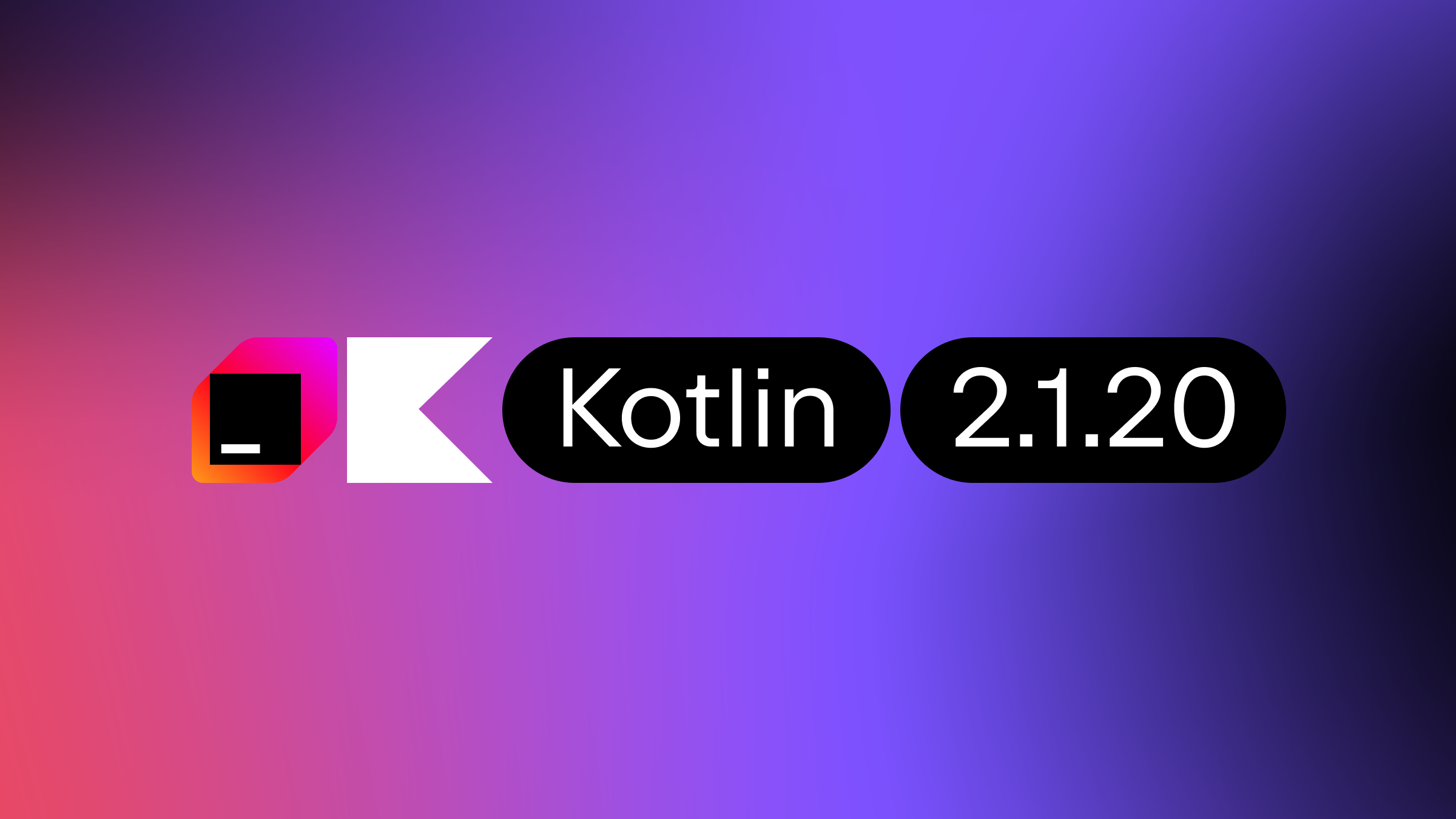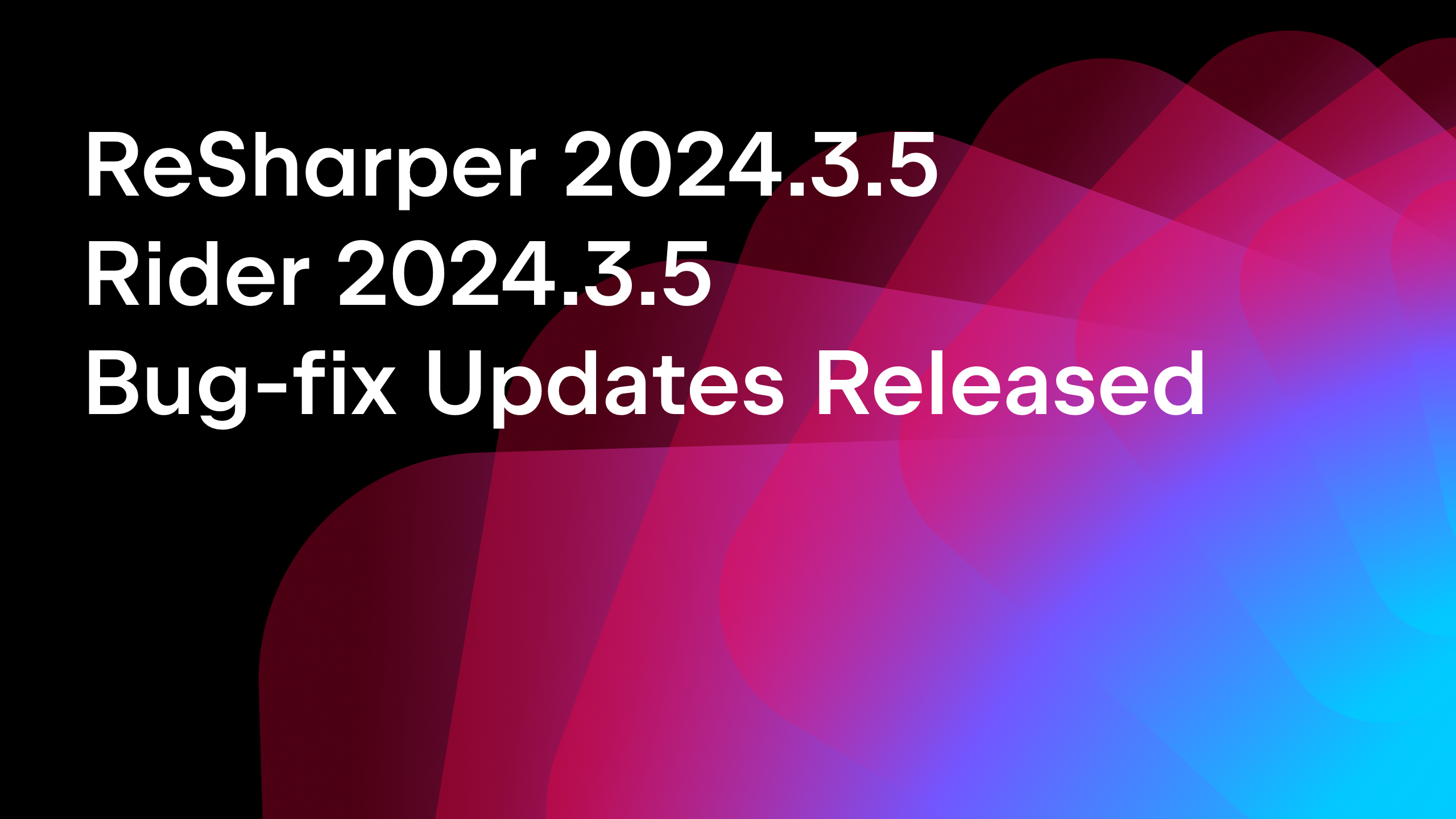Java Annotated Monthly – April 2025
Welcome to the April edition of Java Annotated Monthly! Java 24 has landed, and we’ve got plenty to say about it. From fresh language features to smart tricks and must-try tutorials, there’s something for every curious developer. The cherry on top? Mala Gupta joins us as this month’s featured guest – don’t miss her insights! […]

Welcome to the April edition of Java Annotated Monthly! Java 24 has landed, and we’ve got plenty to say about it. From fresh language features to smart tricks and must-try tutorials, there’s something for every curious developer. The cherry on top? Mala Gupta joins us as this month’s featured guest – don’t miss her insights!
Featured Content
In this featured section, I want to highlight the release of Java 24 and the JavaOne conference in San Francisco.
Java 24: Power, simplicity, and the joy of coding
Released on March 18, Java 24 brings powerful enhancements for both new and experienced developers. Interestingly, it includes 24 JEPs, covering language and API improvements, performance boosts, concurrency enhancements, and security updates – all designed to make development smoother.
As always, IntelliJ IDEA supported Java 24’s features even before its GA release, making it easier than ever to adopt the latest innovations. In my recent blog posts, I dove into some of these key updates:
- Java 24 and IntelliJ IDEA – See how Java 24 integrates with IntelliJ IDEA.
- ‘HelloWorld’ and ‘main()’ Meet Minimalism – Explore how Java 24 simplifies startup with less boilerplate.
- Build Games, Prototypes, and Utilities With Less Boilerplate – Learn how Java 24 makes rapid development intuitive and fun.
Let’s make learning fun again
Programming should be exciting, not tedious! I still remember the thrill of writing my first piece of code at age ten. Seeing graphics appear on a screen made me think, “Wow! I made that happen! What else can I create?” That moment sparked my journey as a developer.
With Java 24, learning to code can be fun, engaging, and creative. Instead of getting stuck in syntax, why not start with games? Java 24 reduces boilerplate, letting you dive straight into building. Whether it’s a hangman game or a quick prototype, coding should feel like an adventure – not a chore. Check out my repository for some inspiration.
With fewer complexities and more powerful features, Java 24 makes programming feel fresh again. I can’t wait to see what exciting projects and games you create!
JavaOne, March 18–20, 2025, Redwood Shores, CA
First of all, a huge thanks to Sharat Chander and his team for bringing back JavaOne! There’s something magical about discussing Java with the very architects of the language I’ve been working with for over two decades. Attending and presenting at JavaOne this year was an incredible experience. It was an honor to be part of this prestigious conference, sharing insights on the latest Java features alongside my co-speaker, Chandra Guntur, while also learning from the brightest minds shaping Java’s future. Contributing to the Java Community Process as JetBrains’ primary representative on the Executive Committee was another incredible highlight.
The presentations and discussions with Java architects and leaders like Mark Reinhold, Brian Goetz, Venkat Subramaniam, Viktor Klang, Ron Pressler, José Paumard, Poonam Parhar, Phil Webb, Jim Grisanzio, Alan Bateman, Alex Buckley, Adam Bien, Donald Raab, Bruno Souza, Heather VanCura, Chad Arimura, Heather Stephens, Ted Young, and many others were truly inspiring. My colleague Marit also delivered a fantastic session on being productive with IntelliJ IDEA. It was a privilege to learn from everyone I met, and I’m excited to apply these insights while continuing this journey with the amazing Java community.
Java News
Java News Roundup 1, 2, 3, 4 – Make sure you haven’t missed any Java news for March.
Check out a selection of articles about the recent release of Java 24:
- Java 24 and IntelliJ IDEA
- Our World, Moved by Java
- Java 24 – Better Language, Better APIs, Better Runtime
- Foojay Podcast #68: Welcome to OpenJDK (Java) 24
- Java 24 Rolls Out Today! Find Out Why It’s Aptly Named
- The Arrival of Java 24
- JDK 24: Faster, Smarter, and Ready for the Future!
Performance Improvements in JDK 24 – Take a look at the latest enhancements that boost Java’s performance, including optimized Foreign Function & Memory API operations, streamlined string concatenation, and faster SHA3 algorithms.
Stable Values in Java 25 – Inside Java Newscast #88 – Watch the introduction of a new Java 25 feature that lets you create stable values: one-time computed, never-changing values the JVM can optimize for speed and smarts.
Java Tutorials and Tips
How Can Machine Learning Assist to Improve JVM Performance – Learn how machine learning models, trained on G1 garbage collector logs, can automatically fine-tune JVM flags to boost application throughput and reduce latency.
The Gatherer API – In this tutorial, you can learn more about the new Gatherers API in JDK 24, a powerful tool that allows you to create custom intermediate operations in the Stream API, which enhances both code readability and parallel processing capabilities.
Be more productive with IntelliJ IDEA – IntelliJ IDEA helps you stay productive with smart coding features, built-in tools like Git, Spring, and a debugger – everything you need, all in one IDE. This talk by Marit van Dijk shows how it supports your workflow and boosts your developer happiness.
Why I Believe Lombok Should Be Discarded from Java Projects – Ivelin Yanev critically examines Project Lombok, highlighting concerns such as increased compilation times, potential design oversights due to the overuse of annotations like @Builder, and compatibility issues with evolving Java versions. Do you share the author’s concerns?
Improving Maven’s dependency:analyze… or not – Nicolas Fränkel digs into Maven’s dependency:analyze command, showing why it often gives misleading results, especially in Spring Boot projects, and he warns devs not to blindly trust it.
A Bootiful Podcast: Johannes Bechberger, Java engineer at SAP – Josh Long talks with Java engineer Johannes Bechberger about his work on Java profilers, open-source projects, and creating hello-ebpf – the first eBPF library for Java.
JavaOne 2025 Live Streams – For those who couldn’t make it, the JavaOne team live-streamed some of the highlights to the Java YouTube channel.
Introduction to intermediate operations modeler: Stream Gatherers – Hüseyin Akdoğan explores the concept of gatherers in Java streams, demonstrates how to create them, shows their built-in options, and explains how to develop custom gatherers.
Issue 323 – Visiting All Threads (Including Virtual) – Dr. Heinz M. Kabutz demonstrates how you can visit the entire hierarchy of threads in our virtual machine, including virtual threads. We do this using the composite, visitor, and facade design patterns.
A Bootiful Podcast: Java Champion and legend Henri Tremblay – Josh Long interviews Henri Tremblay, head of TS Imagine Canada, Java Champion, Montreal JUG leader, and lead developer of EasyMock.
Clean your Memory: From Finalize to Cleaner – Nicolas Fränkel explains how Java developers can write more concise and readable code by replacing common patterns with built-in language features like record, sealed, and switch enhancements.
Deeply Nested Complex Conditional Code | Safe Transformations & Refactoring – There are lots of conditional manipulations you can do safely using the tools in your editor or IDE. In this video, Emily Bache shows you how, using IntelliJ IDEA and Java.
A Deep Dive into JVM Start-up – Billy Korando explains what exactly happens behind the scenes when you start a Java program, breaking down each step the JVM takes from launch to running your code.
How to Improve JVM-Based Application Startup Time? – Check out various strategies to accelerate the startup time of JVM applications and get practical insights to enhance application performance.
My Java Date Handling Will Never Be The Same – Vlad Dedita reveals how Java’s TemporalAdjusters can simplify complex date manipulations, transforming cumbersome code into clean, efficient solutions.
Friends of OpenJDK – Hear from active collaborators in the OpenJDK community about how they got started and what excites them about using the OpenJDK. Pick up tips and tricks for getting the most out of the OpenJDK and its vibrant international community.
Reading Code Effectively: An Overlooked Dev. Skill • Marit van Dijk & Hannes Lowette • GOTO 2025 – Reading code is a critical yet often underappreciated skill in software development. Marit van Dijk and Hannes Lowette highlight that while developers are trained to write code, they spend most of their time understanding existing codebases, often with incomplete documentation and evolving complexity.
Kotlin Corner
Shout-Out to Kotlin for Server-Side Content Creators! – See the outstanding community contributions to Kotlin server-side development and share your experiences.
Apply for Google Summer of Code 2025 and Contribute to the Kotlin Ecosystem – Contributors are invited to collaborate on open-source projects from JetBrains, Google, Uber, and Gradle. The details are in this blog post.
Understanding Hot and Cold Flows in Kotlin – Ignacio Carrión demystifies the key differences between hot and cold flows in Kotlin, providing clear explanations and practical examples to help you effectively manage reactive data streams.
Getting Started with MockK in Kotlin – Piotr introduces MockK, guiding readers through creating mocks, defining stubbings, and utilizing matchers.
Can Junie generate Kotlin code from UML? – UML code generators have been around for a long time. Can Junie do better? In this video, Dave Leeds tasks Junie, JetBrains’ new AI coding agent, with writing Kotlin code for some UML diagrams.
Kotlin 2.1.20 Released – Check out the latest updates!
7 Kotlin Libraries and Frameworks for Backend Development You Should Know – In his article, Szymon Winiarz introduces native Kotlin tools that can enhance your backend projects.
AI
Pioneering the Future: Advancing Infrastructure for AI Agents – AI agents, powered by RAG and vector databases, will anticipate needs, automate workflows, and supervise agents. This presentation explores infrastructure, security, and impact to help enterprises harness AI.
LLMs + Structured Output as a Translation Service – In his post, Igor Kulakov shows how to make AI translations more reliable by using structured output, with a simple code example to prove it.
How to Choose the Right LLM – Check out a hands-on guide to choosing the right LLM for coding based on real benchmarks.
AI Code Completion: Less Is More – Darya Rovdo unveils how JetBrains enhanced code completion by implementing a lightweight, local filter model that smartly decides when to display AI-generated suggestions.
Code Reviews with AI: a Developer Guide – Jonathan Vila discusses the use and impact of AI on the different phases of the SDLC from the perspectives of the developer and the reviewer.
Episode 106. Spring AI and Ollama – Spring AI and Ollama make it much easier to build smart apps with AI in the Spring world. Find out how in this blog post.
Using AI Agents for Notebook Debugging – Galina Ryazanskaya demonstrates JetBrains’ prototype of an AI agent that autonomously detects and fixes errors in computational notebooks.
4 Learnings From Load Testing LLMs – Christian Posta breaks down what he learned from load testing LLMs on Kubernetes, including why real prompts matter, how to avoid crashing your setup, and what to watch for to keep things running smoothly.
The role of developer skills in agentic coding – Birgitta Böckeler shares her insights and uncertainties about LLMs’ transformative impact on software development practices.
About “vibe coding” – Sorin Costea critiques the AI-driven programming trend, sharing his frustrating experience with Cursor’s inability to perform basic tasks like renaming a class in a Java Maven project.
Languages, Frameworks, Libraries, and Technologies
This Week in Spring 1, 2, 3, 4 – Weekly Spring news is here.
Null Safety in Spring applications with JSpecify and NullAway – Learn how to make Spring apps safer and cleaner by using JSpecify and NullAway to catch sneaky null bugs before they break things.
Front End Debugging Part 3: Networking – Shai Almog explores advanced browser-based tools and techniques for effectively debugging network communication issues in frontend development.
Pretty-print Markdown on the console – Find out how to make Markdown look great in your console using a simple Java tool that adds colors and style to plain text.
Testing on Thin Ice: Chipping Away at Test Unpredictability – Brian Demers breaks down how to test code in risky, fast-moving environments without letting everything crash and burn.
Checklist for Kubernetes in Production: Best Practices for SREs – Utku Darilmaz shares a no-fluff checklist to help SREs run Kubernetes smoothly in production, covering all that’s needed to keep things stable, efficient, and cost-effective.
The Future of Htmx – Stability and Compatibility – Learn how the Htmx team is doubling down on keeping the tool stable and backward-compatible so developers can build cool stuff without worrying if it’ll break later.
One giant Kubernetes cluster for everything – Nicolas Fränkel makes a bold case for running everything in one giant Kubernetes cluster to simplify management and boost efficiency, risks included.
5 Hidden Git Tips for Java Developers – In this post, you’ll explore five hidden Git tips tailored specifically for Java development. These tips will help you manage your codebase more efficiently, debug issues faster, and collaborate more effectively.
The Impact of Code Analysis in STEM: Protecting Work That Affects the World – In her article, Kerry Beetge shows how code analysis helps STEM teams catch bugs early and build smarter, safer tech that actually works.
Conferences and Events
Here are some of the events you can visit online and offline:
- Qcon London – London, United Kingdom, April 7–10
- Devoxx Greece – Athens, Greece, April 10–12
- Devoxx France – Paris, France, April 16–18
- Code Smarter, Not Harder: AI-Powered Dev Hacks for All – Online, April 17
- Great International Developer Summit – Bangalore, India, April 22–25

Culture and Community
The (Not So) Hidden Social Drivers behind the Highest Performing Engineering Teams – Lizzie Matusov delves into how trust and psychological safety serve as powerful signals of team success with practical methods to evaluate and measure these key social dimensions.
Ideas are cheap – Gavin King says cool ideas are everywhere, but turning them into solid, useful features takes tough judgment and saying “no” a lot. Do you agree?
And Finally…
IntelliJ IDEA’s Blog Feedback 2025 – Help us shape the future of our blog and deliver the most relatable content to you.
IDE Workspaces Development: Challenges and Plans – Discover the challenges and what’s coming for IDE workspaces in IntelliJ IDEA.
Debugging Java code in IntelliJ IDEA – See how the IntelliJ IDEA debugger can help you find and fix bugs and learn some neat tricks about the debugger in the process!
That’s it for today! We’re always collecting ideas for the next Java Annotated Monthly – send us your suggestions via email or X by April 20. Don’t forget to check out our archive of past JAM issues for any articles you might have missed!






















































.jpg)
%20Abstract%20Background%20112024%20SOURCE%20Amazon.jpg)


















































































































![[The AI Show Episode 142]: ChatGPT’s New Image Generator, Studio Ghibli Craze and Backlash, Gemini 2.5, OpenAI Academy, 4o Updates, Vibe Marketing & xAI Acquires X](https://www.marketingaiinstitute.com/hubfs/ep%20142%20cover.png)

















































































































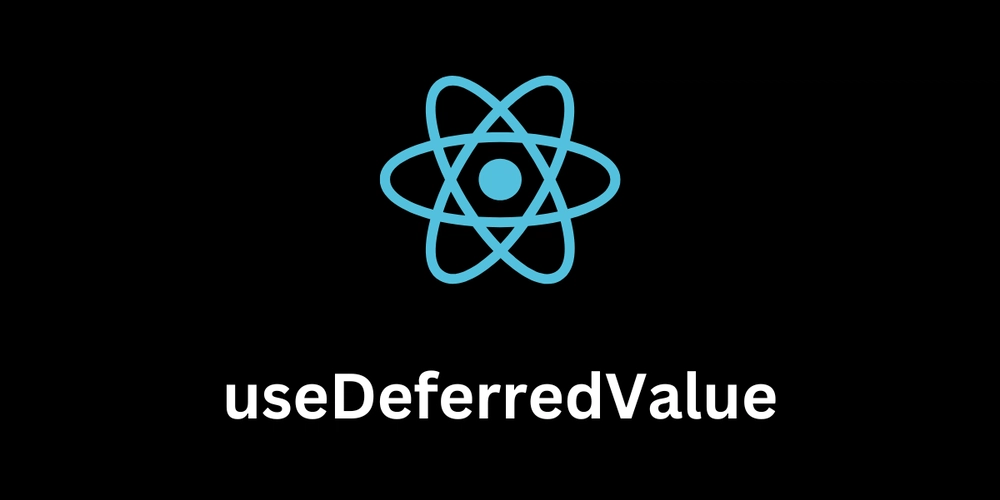
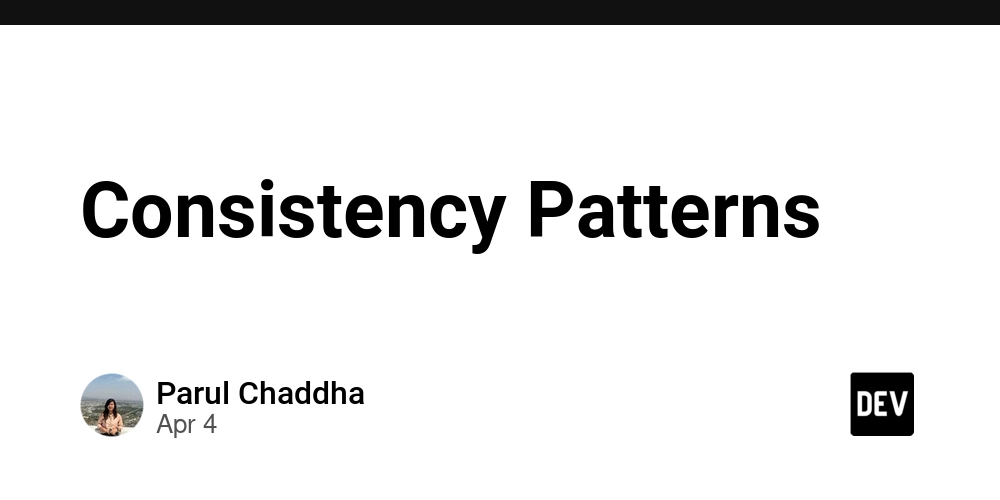













![From drop-out to software architect with Jason Lengstorf [Podcast #167]](https://cdn.hashnode.com/res/hashnode/image/upload/v1743796461357/f3d19cd7-e6f5-4d7c-8bfc-eb974bc8da68.png?#)















































.png?#)



























































































_Christophe_Coat_Alamy.jpg?#)




















































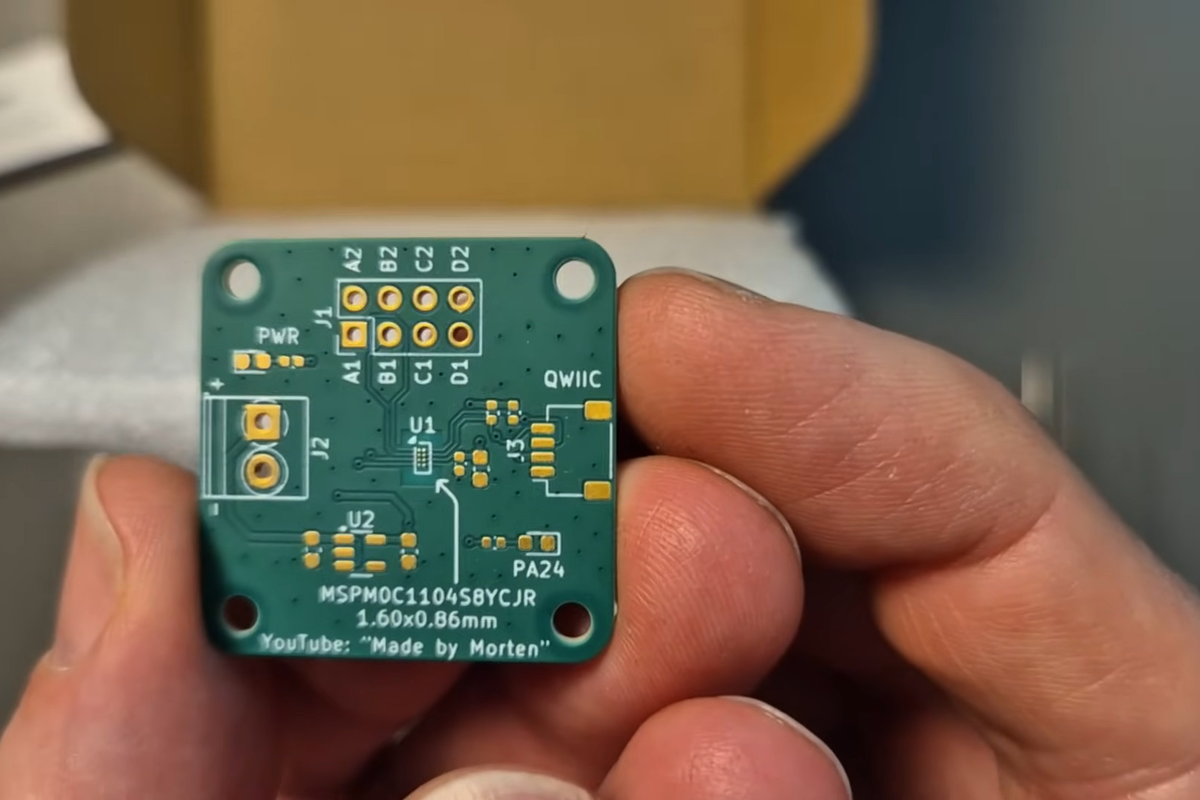





















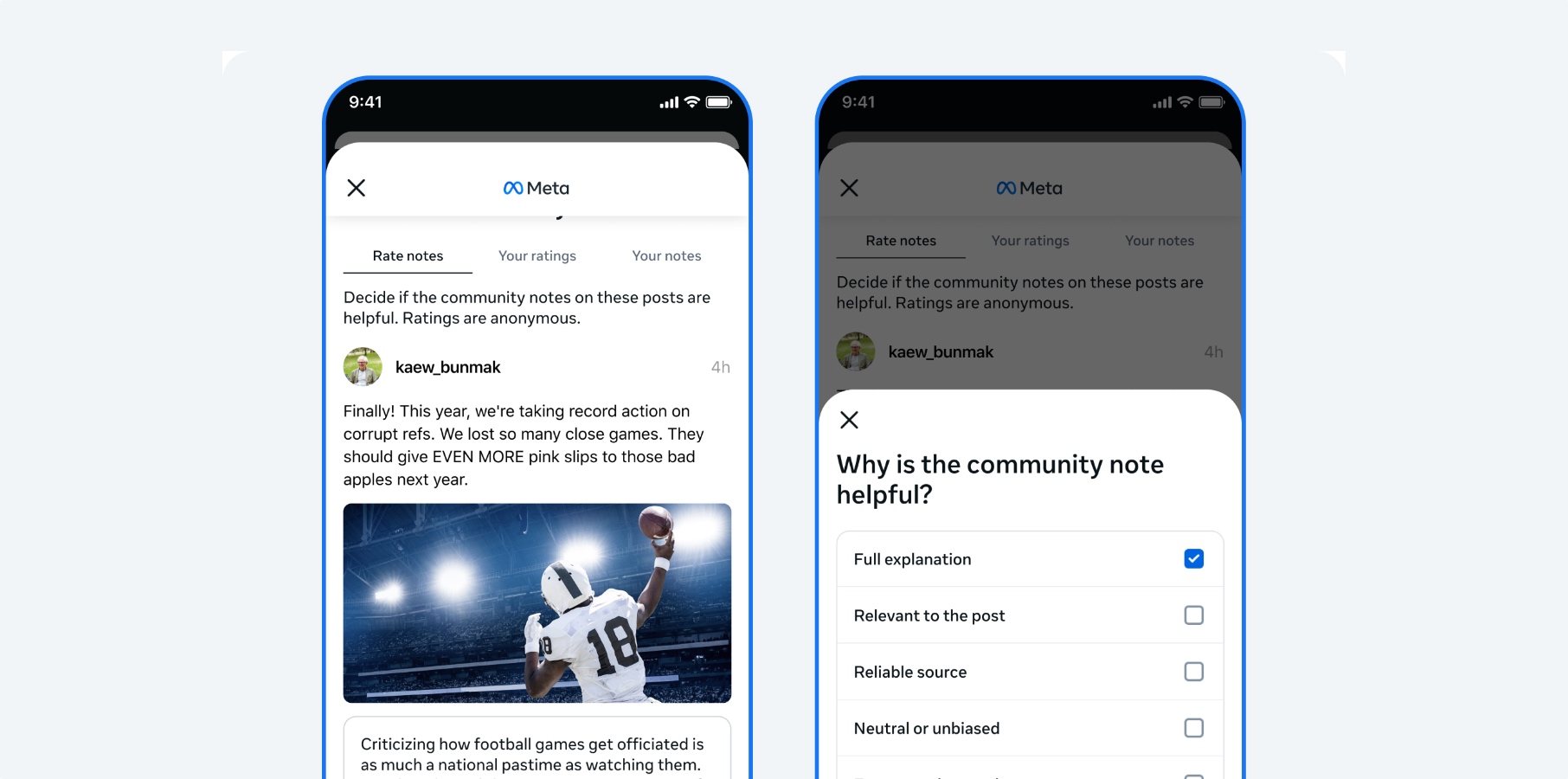


































![Rapidus in Talks With Apple as It Accelerates Toward 2nm Chip Production [Report]](https://www.iclarified.com/images/news/96937/96937/96937-640.jpg)









































































